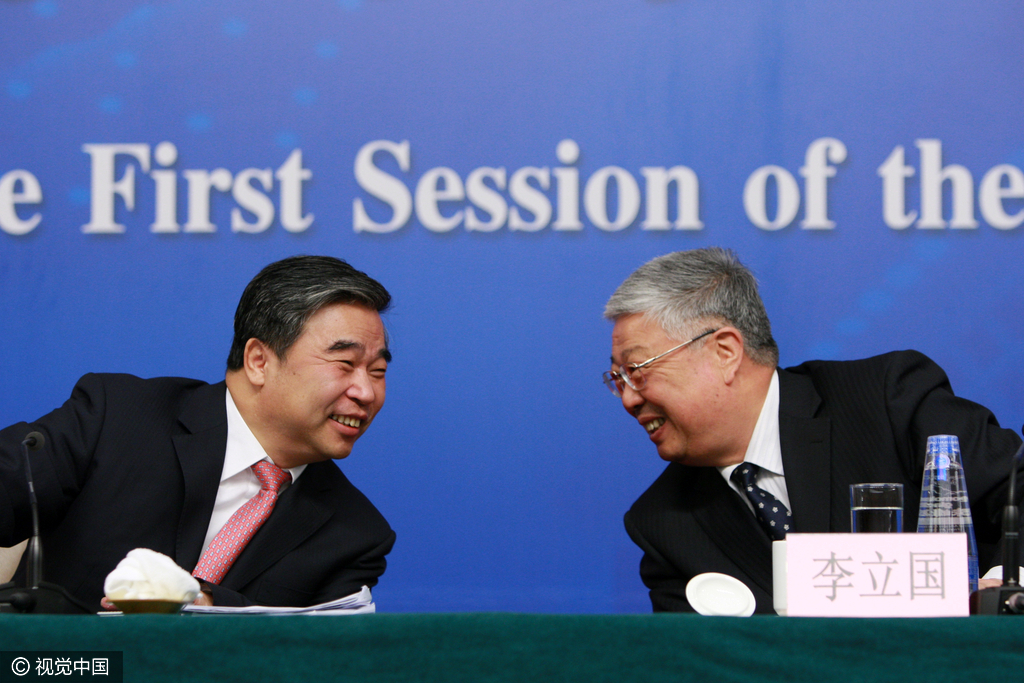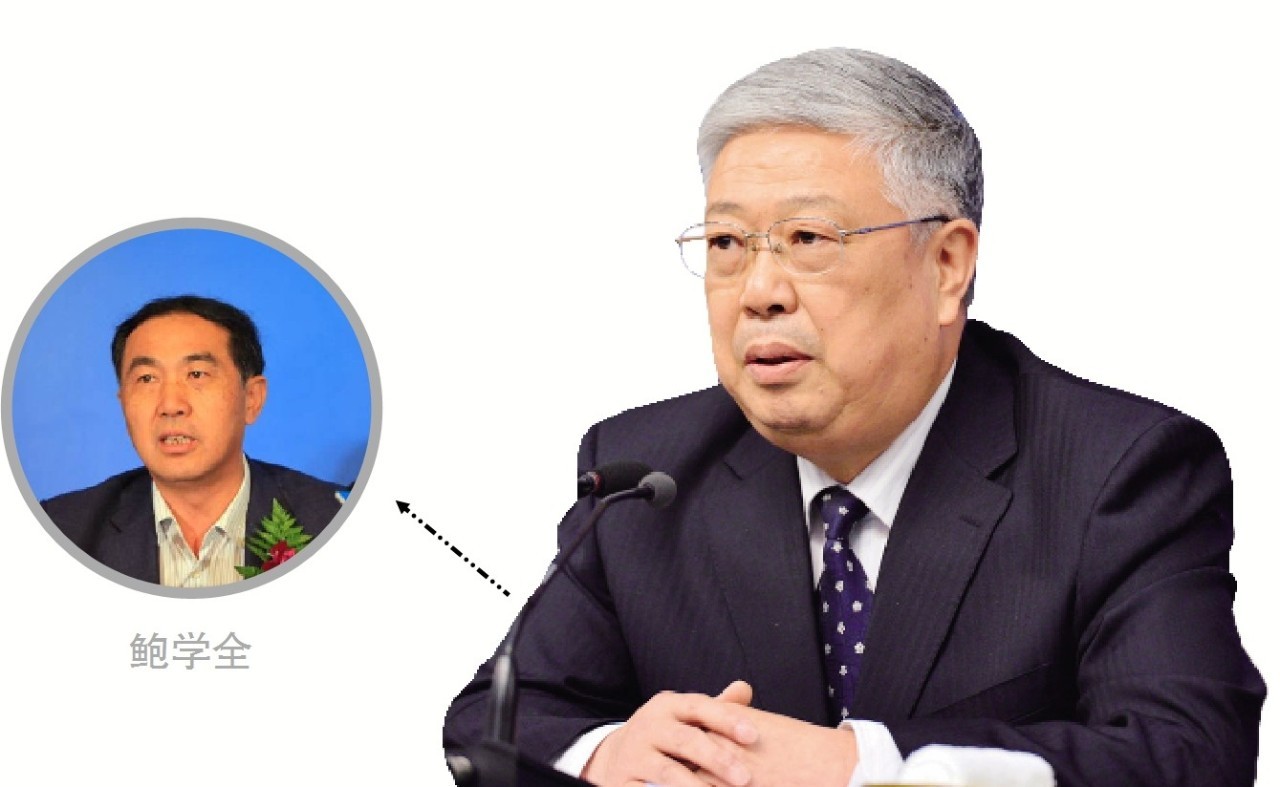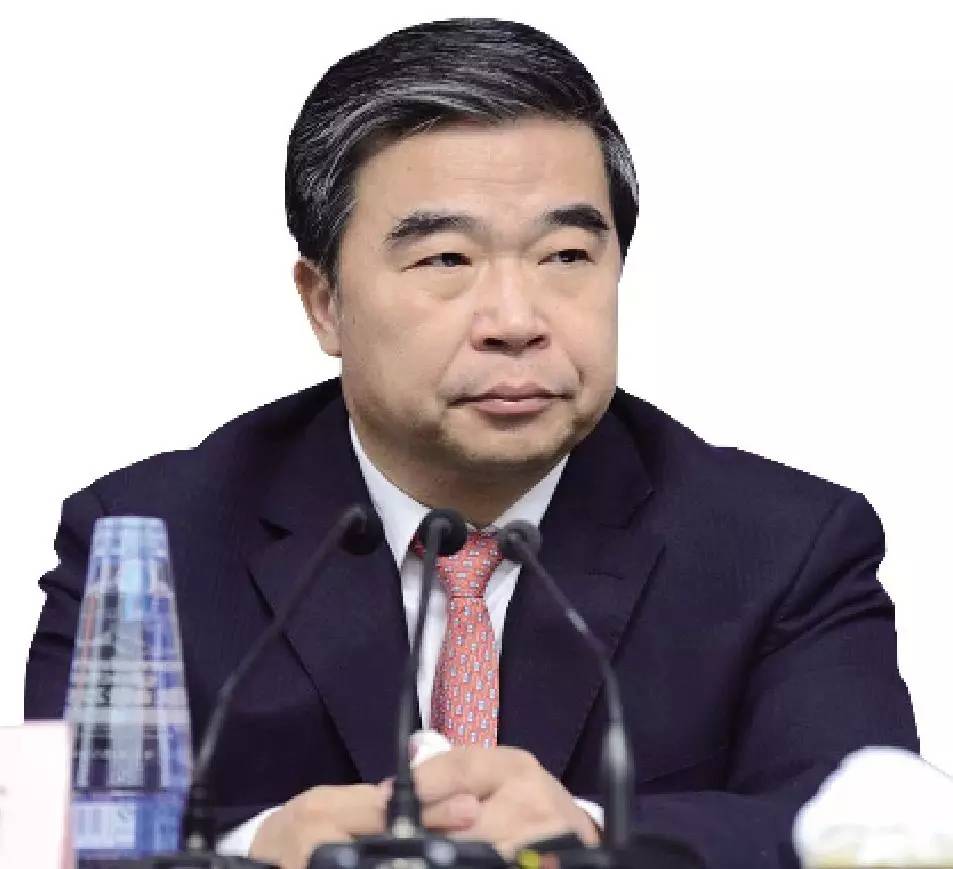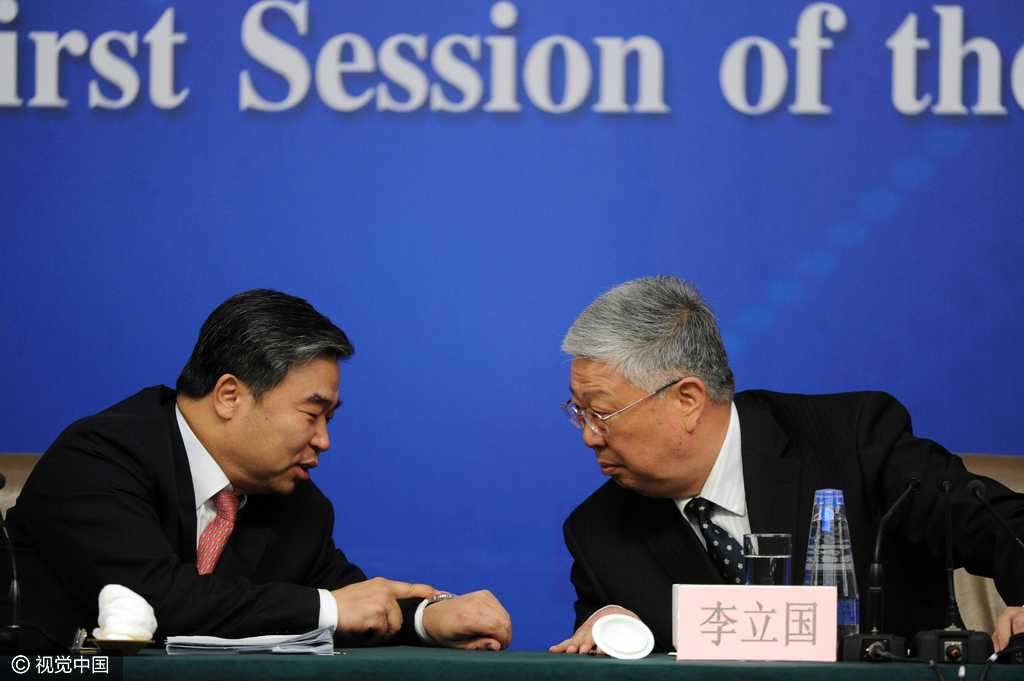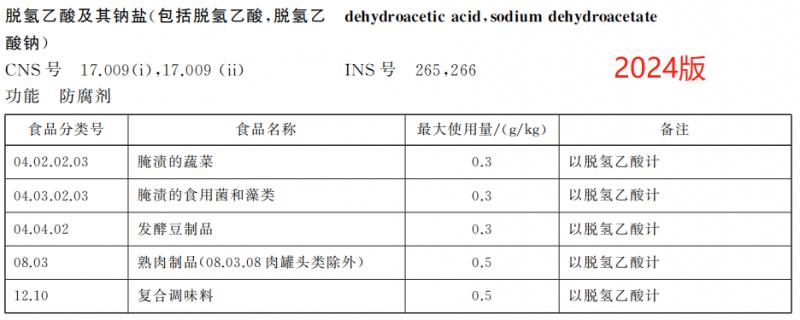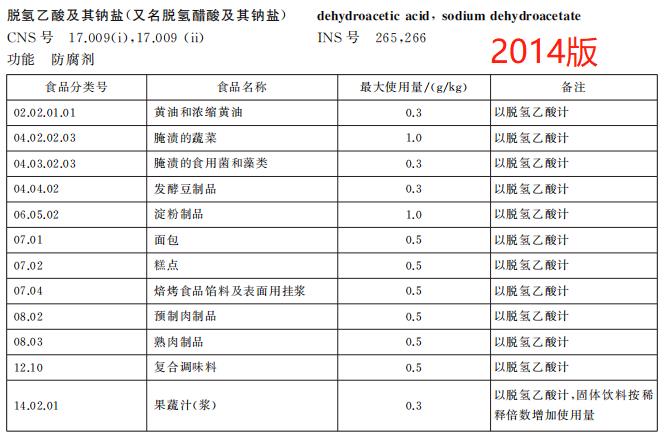Developing new seismic technology for structures to help high-rise buildings stand tall —— A record of Professor Lv Xilin, newly elected academician of China Academy of Engineering.
For 35 years, he devoted himself to the seismic research and teaching of building structures, and a new structural seismic technology was born from him and his team. He is actively committed to applying the latest seismic research results to engineering practice and escorting a number of major projects in China; He insisted on the road of international cooperation in seismic research and led the team to push China’s structural seismic research to the international stage …
He is Professor Lv Xilin, a newly-elected academician of China Academy of Engineering and an expert on earthquake resistance of building structures in Tongji University School of Civil Engineering. In November 2015, he won the "Science and Technology Progress Award" in ho leung ho lee foundation. In February 2017, he was awarded the Newmark Award by the American Society of Civil Engineers.
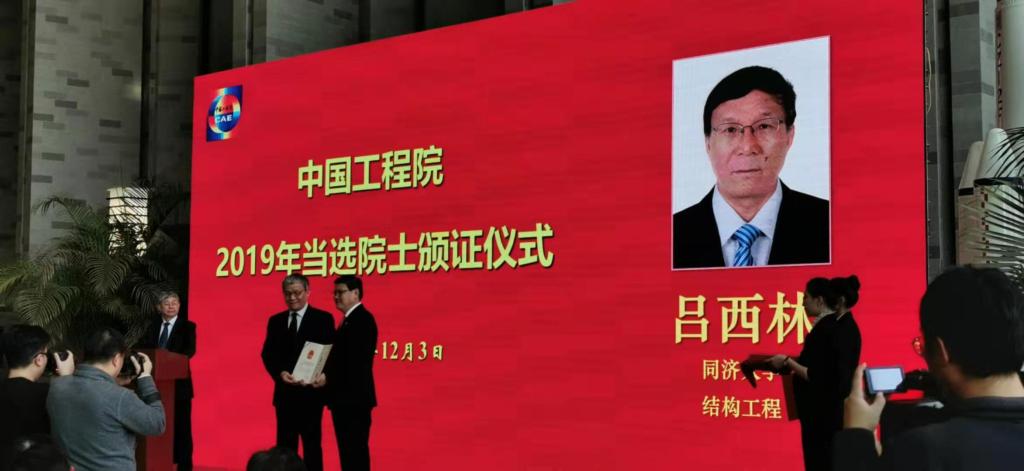
Determined to do seismic research of buildings
This is a scene of the disaster area three days after the Wenchuan earthquake.
Here is a unit building in Qingchuan County, which was seriously affected by the disaster. The building is covered with numerous cracks. A burly middle-aged man is fearless, and the cat is the first to get in, looking at the damaged structure everywhere.
He is Professor Lv Xilin, the head of the expert group of Tongji University, the first batch of housing emergency assessment in Wenchuan earthquake-stricken areas of the Ministry of Housing and Urban-Rural Development. He volunteered at the first time after the disaster and rushed to the front line of earthquake relief.
Looking back more than 40 years ago, in 1976, when the Tangshan earthquake occurred, he was a sophomore in Xi ‘an Institute of Metallurgy and Architecture (now Xi ‘an University of Architecture and Technology), majoring in "Industrial and Civil Architecture". At that time, Xi’ an also had an obvious earthquake. "The earthquake caused so many houses to collapse in an instant and took so many living lives, which touched my heart very much." Lv Xilin recalled, "From then on, I was determined to go to graduate school and concentrate on seismic research of buildings."
After graduating from college, he wished to enter Tongji University, which has the highest strength in earthquake resistance in civil engineering in China, to study for a master’s degree in structural engineering. In March, 1982, he continued to study for a doctorate in structural engineering at Tongji University, under the guidance of Professor Zhu Bolong, a well-known expert from Tongji University. The topic of his thesis is the seismic research on a large number of masonry structures in China. He also became the first batch of doctoral students after China resumed the postgraduate enrollment system.
In December 1984, Lv Xilin successfully passed the defense of doctoral thesis and became the first doctoral student in structural engineering in Tongji University.
"There are still many unsolved problems in the field of building earthquake resistance, and there are still many unknown phenomena waiting for us to explore." Young Lv Xilin, with the enthusiasm of scientific exploration, embarked on the journey of seismic research of building structures.
Play a good job in the new technology of structural earthquake resistance "combination boxing"
This is a building in Dujiangyan. In the middle of the first and second floors, a structural member with a length of about one meter can show its talents when a strong earthquake strikes. It absorbs and consumes the energy released by the earthquake, so that it no longer strongly impacts the house; Its seismic fortification intensity is increased from 7 degrees to 8 degrees. This is a new type of structural seismic device-"damper" installed on the H-shaped steel support, which comes from Lv Xilin’s team and has been widely used in the restoration and reconstruction project of Wenchuan earthquake-stricken area, the seismic safety project of national school buildings, and other important projects such as Shanghai Ganghui Square.
"Traditional reinforcement is generally to thicken the beams and columns of the building, which not only has a long construction period and high cost, but also shrinks the housing area." Professor Lv Xilin said that the adoption of new brace+damper technology not only greatly improved the seismic capacity of buildings, but also saved a lot of engineering time and cost.
In fact, the team played the "combination boxing" of structural earthquake resistance: "rubber bearing+sliding bearing+viscous damper". The "isolation bearing" is installed between the building foundation and the foundation. When the earthquake occurs, the bearing shakes, dissipates energy and reduces vibration, while the building on it is motionless, so it is soft and rigid. The flexible and innovative combined isolation and vibration reduction system has been successfully applied to major projects of Shanghai International Circuit and more than ten foreign construction projects.
He insisted that the research results should be closely combined with the actual project: "We are not seeking technology for technology’s sake, but we should fully consider how to make the seismic structure system more reasonable and safer, the construction easier and the project cost lower."
Team Lv Xilin pays close attention to the safety of complex high-rise buildings. Most of these over-code high-rise buildings are particularly complex in shape, changeable in internal space and ever-changing in structure, which poses great seismic challenges to their structures. Over the past 20 years, Professor Lv Xilin led the team to continue in-depth research and made new breakthroughs in the theories and methods related to seismic analysis and design of complex high-rise buildings. The results have been applied to the seismic design and performance evaluation of more than 50 major or key projects in China, such as Shanghai Tower and Shanghai World Financial Center.
The team’s technical achievement of "one lifting, two moving and three strengthening" to improve the seismic performance of existing buildings has also been successfully applied to the relocation and reconstruction of outstanding historical buildings such as Shanghai Concert Hall and Shanghai Jade Buddha Temple Daxiong Hall.
He often teaches students: "Don’t be bound by the existing seismic technology of structures, or even be bound and restricted by the existing codes." For more than 30 years, he led the team, constantly exploring, developing and breaking through the existing seismic technology of building structures, and won the second prize of national scientific and technological progress and the second prize of national technological invention …
As early as more than ten years ago, he began to pay attention to and introduced the concept of "recoverable earthquake-proof structure" for the first time in China. Since then, he has led the team to invest a lot of time in tackling key problems, and the results have attracted the attention of international peers.
"Teacher Lu’s high sensitivity to the new structural seismic technology, his accurate grasp of its future development direction, and his tenacious spirit of persisting in the identified fields all make our students admire and feel ashamed." His student Professor Li Peizhen lamented this.
In tackling key problems in scientific research, Lv Xilin never forgets to teach and guide students. "Earthquake resistance and disaster prevention is a public welfare undertaking, and we must have dedication." "The engineering anti-seismic technology is regional, and we must develop new technologies in combination with China’s actual situation." In recent years, many doctoral students he trained and supervised chose to work in Xinjiang, Northwest China, Southwest China and Northeast China when they graduated.
Promote international cooperation in the field of earthquake engineering
Walking in Building B of the Civil Building where the Department of Structural Disaster Prevention and Mitigation Engineering is located, you can often see young students from abroad exchange and study here.
In April this year, Tongji University Joint Laboratory for International Cooperation in Earthquake Engineering successfully passed the acceptance demonstration organized by the Ministry of Education, and experts recognized its construction achievements.
In July 2015, the "Joint Laboratory for International Cooperation in Earthquake Engineering" was established in Tongji University, bringing together the strengths of China, the United States, Japan and Italy to jointly carry out research on major international frontier earthquake-resistant scientific issues. Lv Xilin is the director of the Academic Committee of the Joint Laboratory, which is also the fruit of his decades-long adherence to the road of international cooperation.
The internationalization characteristics of Tongji academic had a deep understanding during Lv Xilin’s study in Tongji Garden.
After staying in school after graduation, Lv Xilin took the initiative to go out and keep in close contact with international colleagues. Tokyo institute of technology, University of California, Berkeley, Italian European Earthquake Engineering Research Center and other internationally renowned earthquake engineering research centers have all formed friendly cooperation partners with him.
After the Wenchuan earthquake, Lv Xilin established the Guanghua Academic Forum in the field of earthquake engineering. In the past 10 years, the forum has been held for 8 times, and a group of colleagues from the field of earthquake engineering at home and abroad gathered in Tongji for each session to exchange the latest research progress.
In September 2011, Lv Xilin became the new editor-in-chief of the international academic journal "The Structural Design of Tall and Special Buildings". This is the first time that a China scholar has been the editor-in-chief of the magazine since it was founded more than 20 years ago. In 2017, he was awarded the Newmark Award by the American Society of Civil Engineers. Established in 1975, this prize is awarded once a year, and each time a scientist who has made outstanding contributions in the field of structural engineering and engineering mechanics is selected worldwide. Lv Xilin is the first China scholar to receive this honor.
He also actively encourages and subsidizes postgraduate students and doctoral students to boldly make presentations at international forums. His doctoral supervisor, Professor Ying Zhou from Tongji University School of Civil Engineering, felt deeply "benefited from this". During his doctoral studies, Ying Zhou had the opportunity to give an academic report in international forums. After staying in school, she went to Berkeley to carry out project cooperation, and grew up all the way on the academic road. Now she has become the vice chairman of the International Society for Disaster Reduction and Control, the winner of the National Natural Science Foundation’s outstanding youth fund, and the director of the structural disaster prevention and mitigation engineering department of Tongji University.
"We can proudly say that the scientific and technological level of earthquake resistance and disaster reduction in China has been ranked among the first corps after the United States and Japan, and the gap is narrowing. We are mainly lacking in the fineness of product manufacturing and earthquake research." Professor Lv Xilin said that the International Joint Laboratory focused on civil and infrastructure projects, major construction projects, long and long bridge structures, lifeline projects, long and long tunnel structures, deep-water foundations and large-scale energy facilities that can recover their functions after the earthquake. In the past three years, it has released 14 research topics to the world, and achieved results in discipline construction, talent training and introduction, international cooperation and collaborative innovation.
"Structural earthquake prevention and disaster reduction, there are still many things to do. I will stick to my original heart and continue to go in the direction we are looking for with the team. " Looking to the future, he is still full of confidence. (Ai Jiao)

